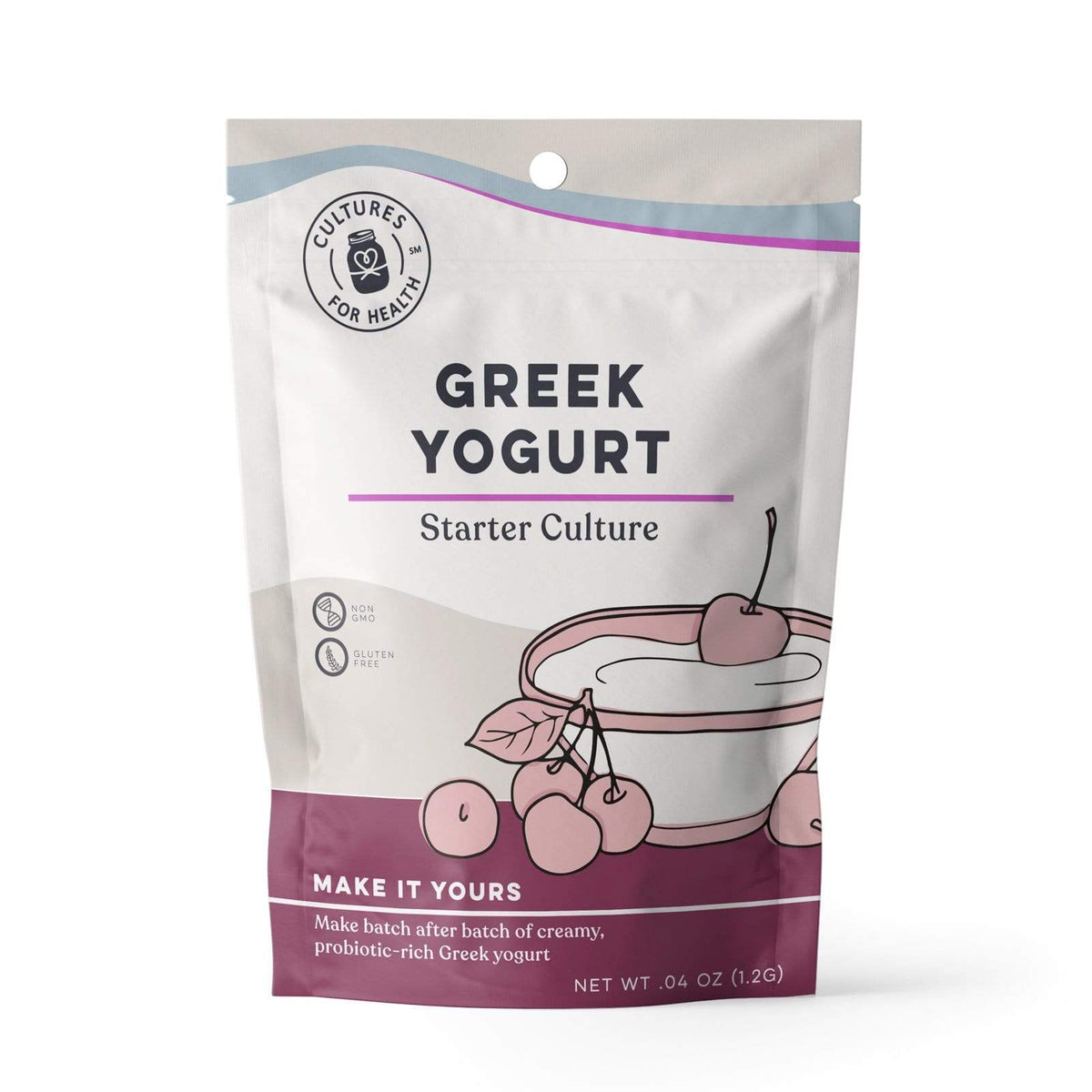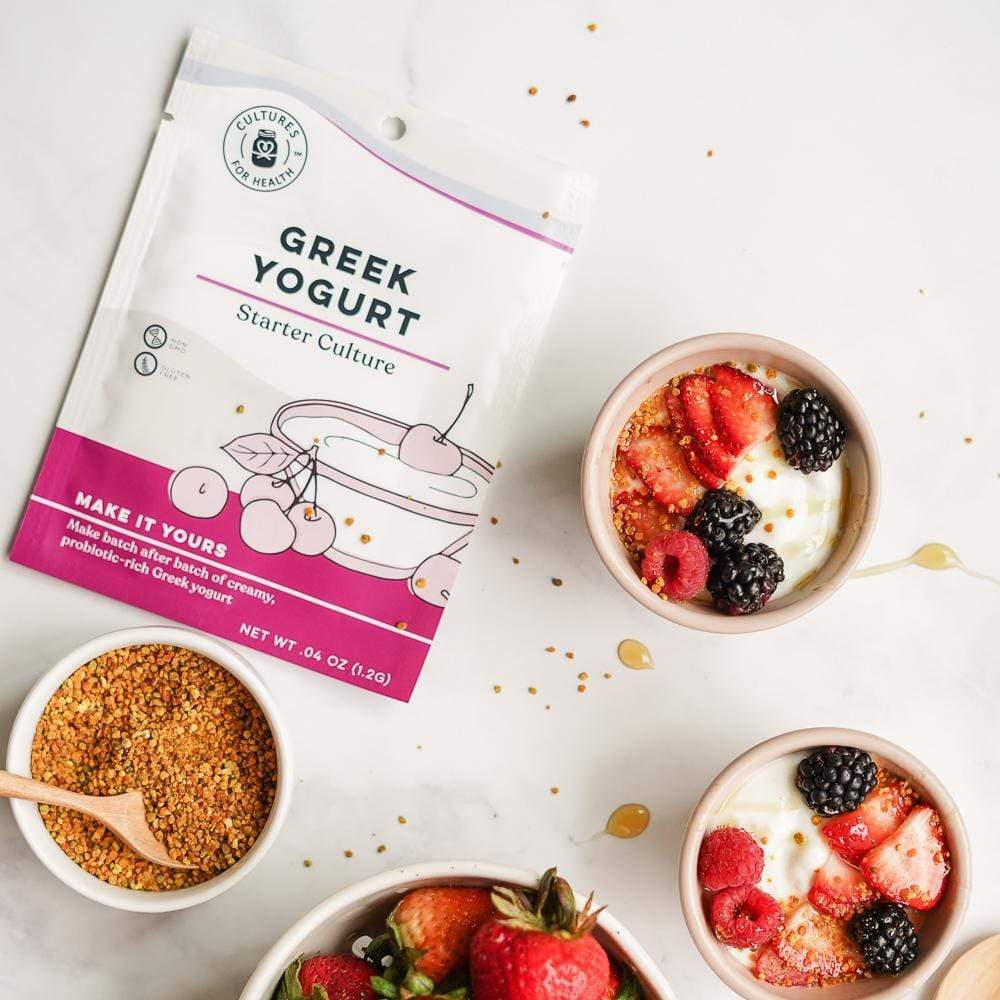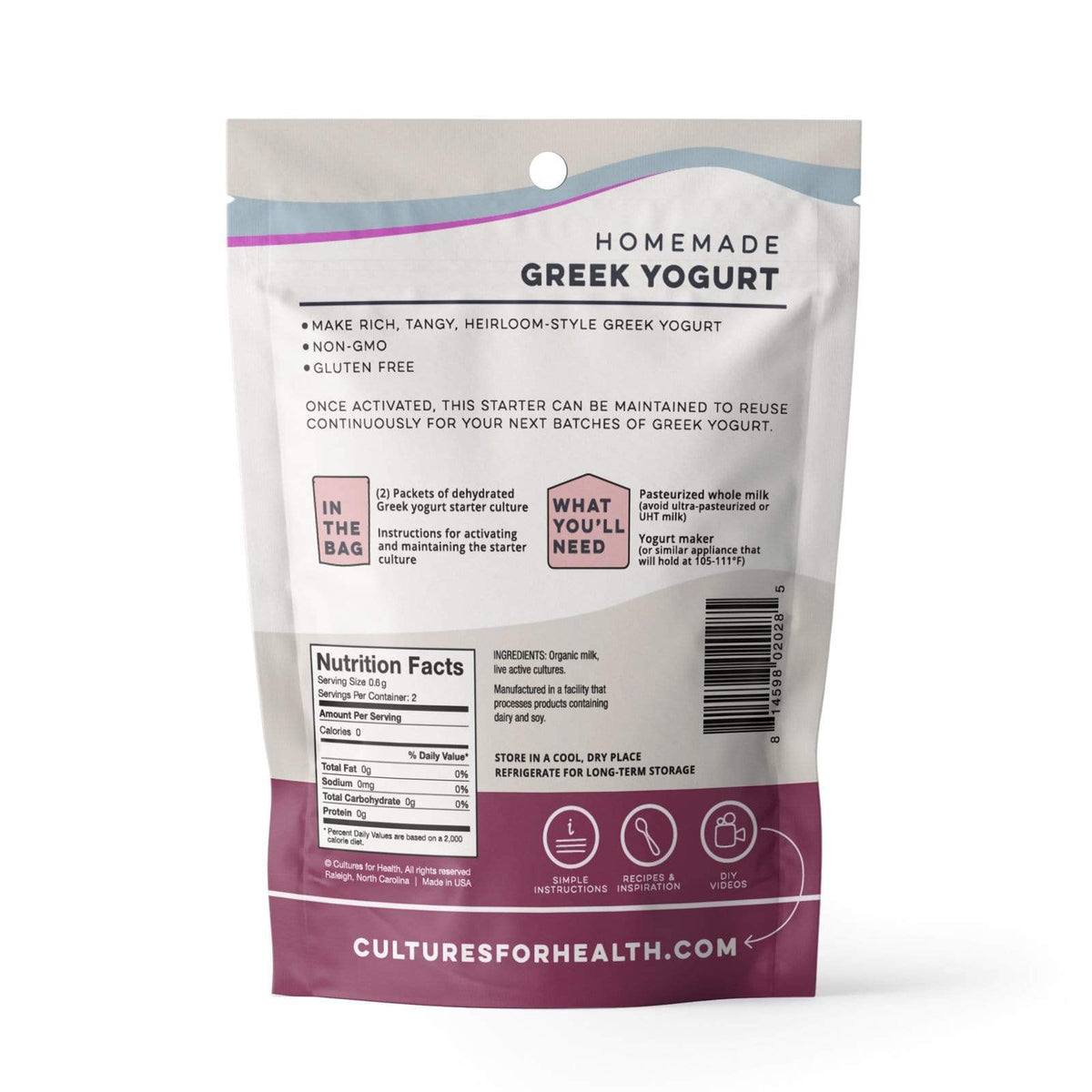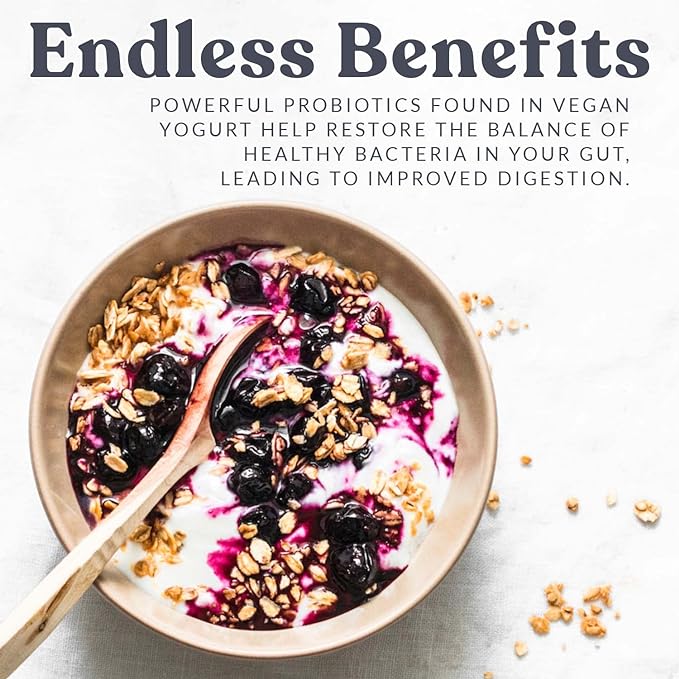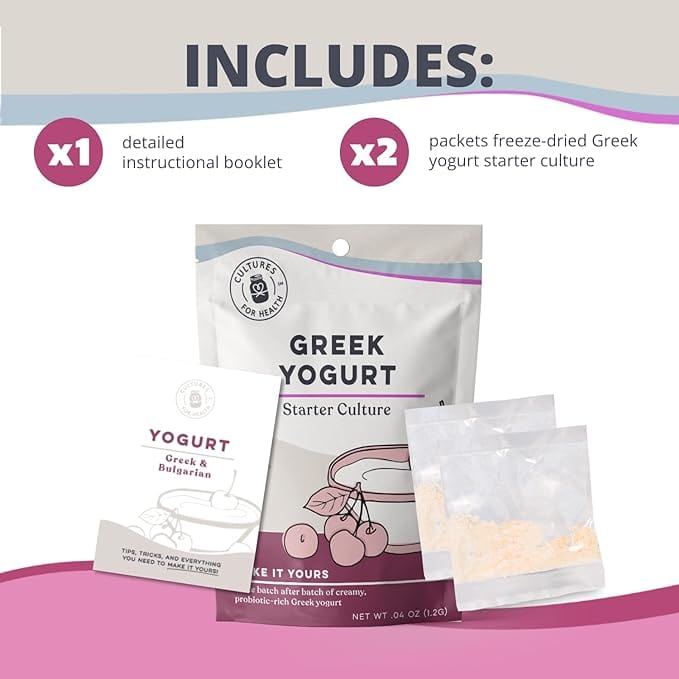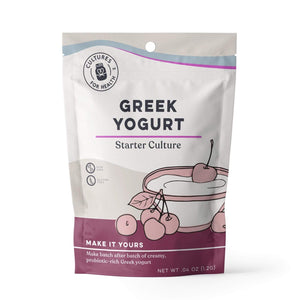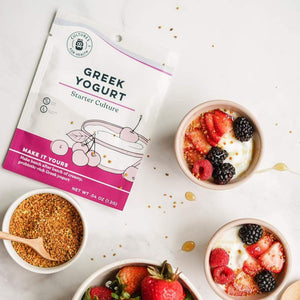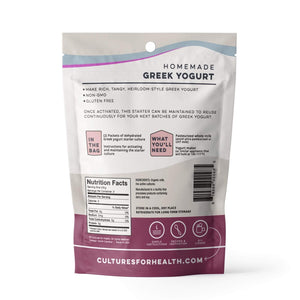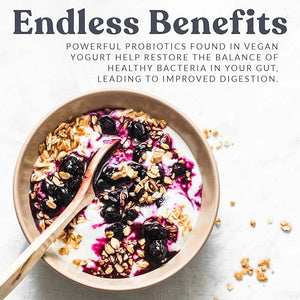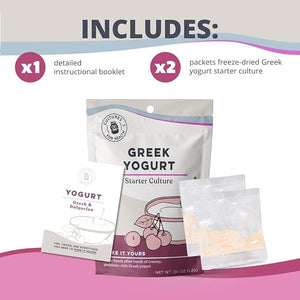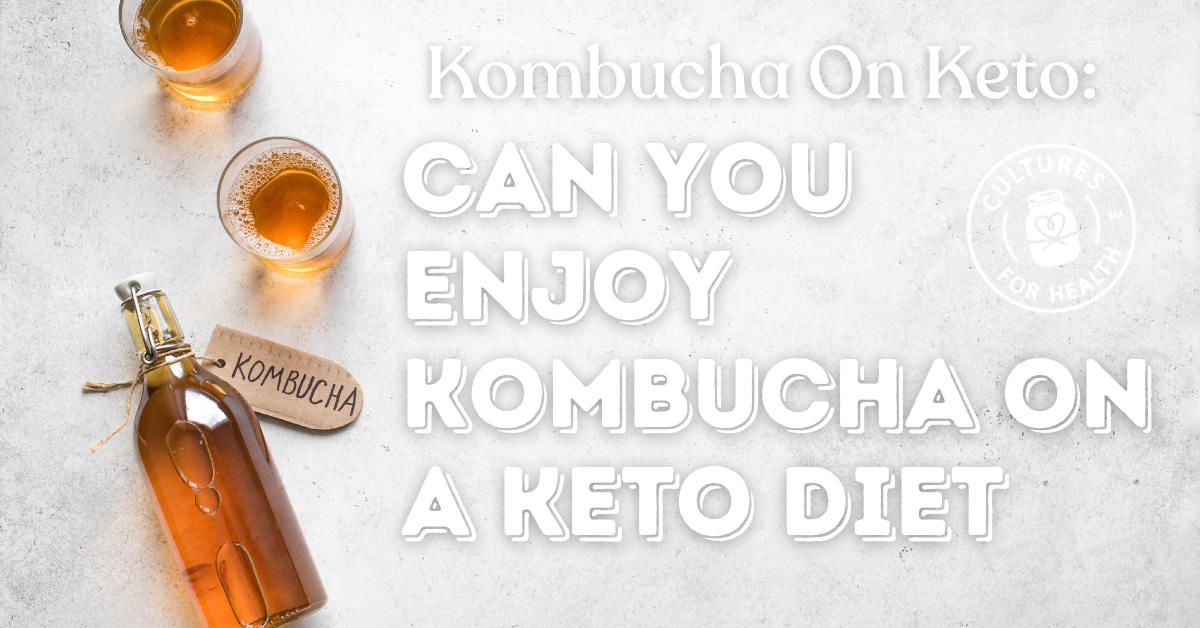
Many people are curious, "Can you substitute yogurt for sour cream?" If you've been pondering the same question, you're in the right place, as we're here to clear up the sour cream vs yogurt confusion and answer all of your questions about whether or not yogurt can be used as a replacement for sour cream.
IS IT POSSIBLE TO SUBSTITUTE YOGURT FOR SOUR CREAM IN RECIPES?

Ingredients for one another in some dishes, but not in all. As with many aspects of culinary art, substitution hinges on the recipe you're working on.
In terms of composition, both yogurt and sour cream originate from dairy and exhibit a similar texture, yet they are distinct. Yogurt is a fermented dairy product created by adding beneficial bacteria to milk. Sour cream, conversely, comes from the fermentation of any cream variant, which is thickened by introducing a lactic acid culture (also known as sour cream culture). This makes it more stable than yogurt, resulting in its characteristic creamy texture.
However, when we compare sour cream vs yogurt, the main difference is that yogurt is thinner and often has a tangier taste than sour cream. Furthermore, yogurts have significantly lower fat content—an appealing quality on its own—but this reduced amount also alters the consistency of your results. Because of these differences, yogurt cannot necessarily be substituted for sour cream in every recipe that calls for it.
Yogurt contains active cultures, which are good for your digestive system. This means that yogurt may work great as a sour cream substitute in recipes like dips, dressings, and garnishing chilled soups, which you may eat directly from the bowl.
THE RIGHT AMOUNT: HOW MUCH YOGURT TO REPLACE SOUR CREAM
When you substitute yogurt for sour cream in recipes, it's generally safe to use a1:1 ratio. That is, if a recipe calls for one cup of sour cream, simply replace it with one cup of yogurt.
Greek Yogurt: Can It Be Used Instead of Sour Cream?
Absolutely! Greek yogurt, with its thick consistency and tangy flavor, makes it an excellent substitute for sour cream in certain recipes. Greek yogurt is denser than regular yogurt, thanks to the removal of excess water, which reduces its volume by about half, significantly thickening it. It boasts a higher protein content than standard yogurt, which adds some structure to dishes made with it. Given that it's also denser than sour cream, you can use less of it to attain the desired results.
While yogurt's tangier taste and thinner texture differentiate it from sour cream, it can still serve as a great substitute in recipes such as dips, dressings, and chilled soup garnishes. Another major difference between yogurt and sour cream is the fat content. Yogurt is lower in fat, which is appealing in itself, but this also changes the final consistency of your dishes. Hence, it's important to remember that yogurt cannot necessarily replace sour cream in every recipe.
BALANCING FLAVOR WHEN USING YOGURT AS A SOUR CREAM SUBSTITUTE
While the substitution of yogurt for sour cream can work beautifully in many recipes, there may be some flavor differences to account for. Greek yogurt, in particular, can be a bit tangier than sour cream. To balance this out, consider adding a touch of sweetness to your recipe, perhaps a drizzle of honey or a sprinkle of sugar, to counteract the tartness. Alternatively, a pinch of baking soda can neutralize the acidity of the yogurt, making it taste more like sour cream. The key is to taste and adjust as you go, making sure the overall flavor of your dish remains balanced and delicious.
CAN PLAIN YOGURT BE SUBSTITUTED FOR SOUR CREAM IN BAKED GOODS?

Manybaking experts say that both ingredients can be easily substituted for one another, especially in recipes that require a small amount of either ingredient. Baking experts also say that substituting yogurt for sour cream doesn’t change the flavor or texture of the final product significantly, as long as you follow a few simple tips.
If you'd like to substitute yogurt for sour cream in one of your baking recipes, here are a couple of suggestions that will help make the substitution a success:
HIGH-FAT YOGURT: THE SECRET TO SUCCESSFUL SUBSTITUTION
Fat content is the key when you're considering the question, "Can I substitute yogurt for sour cream?" You can use yogurt in place of sour cream, as long as you add something else to increase the fat content. Try to find yogurt with the highest fat content possible (e.g., whole-fat Greek yogurt), which will give it a consistency closer to sour cream once it's mixed.
If you're using low-fat yogurt, try to make it up with a bit of fat in another place, such as a splash of more oil, flour, or butter, so that it doesn't taste weird and chalky. Basically, you want to match the amount of fat that you would use if you were using sour cream. However, if you're going to substitute yogurt for sour cream in recipes like dips or dressing, then no need to add fats!
Greek Yogurt Starter Culture
WHOLE-MILK GREEK YOGURT: AN EXCELLENT SUBSTITUTE FOR SOUR CREAM
For a similar consistency to sour cream and a rich tangy flavor, whole-milk Greek yogurt is the best option. If you don't have any on hand, regular yogurt will work fine too. However, it might be worth straining out the liquid to thicken it slightly.
UNDERSTANDING THE NUTRITIONAL DIFFERENCES: YOGURT VS SOUR CREAM
When considering the choice between yogurt and sour cream, it's helpful to understand the nutritional differences between these two dairy products. Yogurt, particularly Greek yogurt, generally has a higher protein content than sour cream. This means it can keep you feeling full for longer, making it a great choice if you're trying to control your calorie intake. Additionally, yogurt is typically lower in fat and calories than sour cream, making it a healthier choice for those watching their weight or heart health. However, sour cream has its benefits too. It's rich in calcium and vitamin A, making it a nutrient-dense addition to your diet.
WHEN IT COMES TO SAUCES:
When making a steak sauce, yogurt works just as well as sour cream and contains fewer calories. Just remember to keep the temperature low when you're cooking. Otherwise, your yogurt might curdle. The trick is to keep the heat down or add it toward the end, so there's enough time for the sauce to become smooth.
CAN I TURN PLAIN YOGURT INTO SOUR CREAM?

Making your own sour cream from yogurt is very simple, and it's much healthier than the ready-made stuff. All you need is some yogurt with live and active cultures, heavy whipping cream, and a warm place. We always prefer culturing your own yogurt, but if you’re buying commercial yogurt, we strongly recommend choosing one with the Live & Active Cultures seal.
Pro Tip: If you struggle to find yogurt with live and active cultures, make your own with ouryogurt starter! Making yogurt is a lot simpler than you might think, and a lot cheaper than buying it at the store. Even if you're a beginner, we have an easy-to-useheirloom yogurt starter we think you'll love, which doesn’t require a yogurt maker. Many of our cultures can just keep going, so you can use some of your leftover yogurt to make the next batch and go on forever.
STEPS TO MAKE SOUR CREAM FROM YOGURT:
- Add 1-2 tablespoons of yogurt and then whisk in one cup of heavy cream.
-
Once mixed thoroughly until smooth, let it sit overnight in a warm place.
If this sounds like too much work to do, we have another great way to make Greek yogurt sour cream. All you need to do is add a few tablespoons of lemon juice or vinegar to the yogurt and stir it until the yogurt has thickened. The acid in the lemon juice or vinegar will cause the yogurt to thicken and separate, just like sour cream would.
UNDERSTANDING NUTRITIONAL DIFFERENCES: CAN GREEK YOGURT BE SUBSTITUTED FOR SOUR CREAM?
When weighing up the choice between Greek yogurt and sour cream, it's essential to understand their nutritional differences. Greek yogurt typically has a higher protein content than sour cream, which means it can help you stay satisfied for longer - a great advantage if you're trying to manage your calorie intake. Also, Greek yogurt is generally lower in fat and calories, making it a healthier alternative for those watching their weight or heart health. However, sour cream also has its own benefits. It is rich in calcium and vitamin A, making it a nutrient-dense addition to your diet.
In summary, can you substitute yogurt for sour cream? The answer is yes, usually! As long as the yogurt has the right consistency, it's an excellent alternative to sour cream. While the lighter texture might slightly change a dish, the flavor should remain quite similar. Greek yogurt, a fantastic sour cream substitute, also boasts health benefits, being rich in protein and probiotics which promote a healthy gut microbiome. So go ahead and experiment with substitutions in your kitchen - you might just discover your new favorite ingredient!
If you have further questions about fermenting, culturing, or any other topic related to our products, don't hesitate to reach out to our team at Cultures for Health. We're here to ensure you succeed in your home fermenting endeavors. Happy fermenting!














